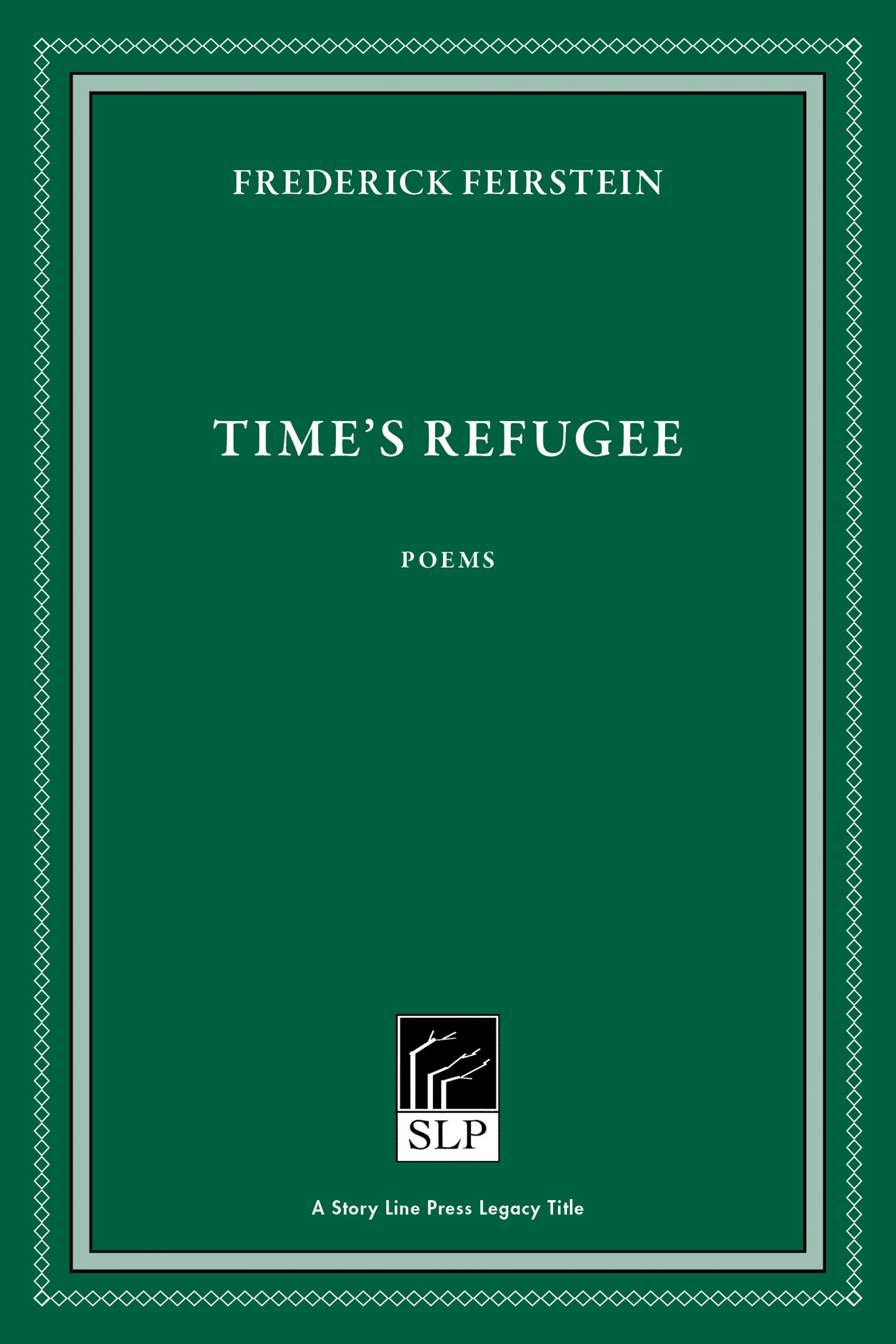|
FREDERICK TURNER _________________
THE WOUNDED HEALER
_________ Reflections on the publication of Frederick Feirstein's Time's Refugee by Story Line Press, an imprint of Red Hen Press, 2021
__________________________
There are moments in the book that are evocative of Feirstein's exuberant celebration of life in works like Manhattan Carnival. The collection includes some of his rambunctious translations of Chaucer, and moments like the girl in "Poolside Mozart":
this teenage girl,
But underlying the whole book is a long and various elegy, an "ubi sunt" explicit in his deeply moving "What Happened". Though Feirstein's favorite composer, Mozart, makes a frequent appearance in the poems, it is Mahler who is to my ear the closest analogy in music to Feirstein's strange blend of lyricism, sardonic humor, pathos, realism, deep tragedy, demotic pop culture, compassion and spiritual depth. Like Mahler, Feirstein is beyond the comforts of religion, traditional patriotism, and cultural hope, though generously he acknowledges their health and value for those who have not seen what he has seen. Like Mahler he is on the outside looking in, recognizing the horrifying history that lies behind and beneath the dear superficial delights of middle-class cosmopolitan life. The
crowd laughs as if they've lived forever But Feirstein's sense of the dark past, his awareness of his vulnerability as a "little Jew," is not historical only, but personal. In his frightening series of poems based on the fairytales of the Brothers Grimm he explores the anguished dysfunction of the descendants of an immigrant family, trying to replicate the brittle myths of gentile happiness. The history left its scars on his family and on him, and those scars turned him into a compassionate psychoanalyst, whose heroic and painful insight helped his many distinguished patients tell their own stories and reclaim their own lives and selves. "Gretel's Mom," a terrifying poem whose perfection is to my ear complete and compelling, is Feirstein's own act of heroic art, corralling the unbearable, and rendering it into artistic form. Gretel's Mom I
ran out of the house In Feirstein's "Father and Son" and "Lines Written on a Dedicated Bench" there is a glimpse of a vast healing reconciliation with the world, but in this surgically edited collection the focus is on the Reaper himself. What Feirstein is doing is helping us grow up, in an age when our attempts to be ageless and historyless turn us into ciphers. Our past ruins us and cripples us, as much by its loveliness as by its cruelty; but a being without a past has no weight and no purchase on the world. Feirstein held that purchase mightily until the end. There are resources that can be brought to bear against death's final victory: in the continued vitality of his beloved New York, wounded by 9/11, but gallant still; in art and beauty, as in his poem about the Frick Gallery; in attention itself, as in his poem on a painting by Nicolas Maes, and in memory, as in "As Time Goes By": And
there were buts, but always and & and
* * *
|
 Just
before the Covid pandemic struck us all, Frederick Feirstein died in New
York from some combination of the many afflictions that he had gallantly
fought off for many years. Time's Refugee is a sort of retrospective
that becomes a powerful poetic treatment of time and death.
Just
before the Covid pandemic struck us all, Frederick Feirstein died in New
York from some combination of the many afflictions that he had gallantly
fought off for many years. Time's Refugee is a sort of retrospective
that becomes a powerful poetic treatment of time and death.